Don’t A-Shroom the Worst – Analyzing the Decriminalization of Psychedelic Mushrooms
May 21, 2019
On May 7th, the city of Denver voted to decriminalize the use, possession and growing of psychedelic mushrooms for those over the age of 21.
In order to understand this you have to know the basics: what are psilocybin mushrooms? What is decriminalization? Why are they decriminalizing them? Does this affect us?
According to The Third Wave, a resource for learning about “safe, structured, and responsible psychedelic use,” psilocybin mushrooms, also known as shrooms or magic mushrooms, are a natural psychedelic fungi. They are usually ingested orally and create a dream like “trip” which lasts roughly one hour to an hour and a half. A typical “trip” experienced by most who use psilocybin mushrooms includes a shift in emotions, synaesthesia, hallucinations and a loss in time perception. Shrooms also have an extensive history in their use in spiritual and religious platforms and from archeological discoveries which show they could’ve been used for longer than 7,000 years.
Decriminalization is not legalization. Decriminalization of psychedelic mushrooms means this substance will be a low priority for city law enforcement and resources will not be given to persecuting and enforcing the federal law making psilocybin mushrooms a schedule 1 controlled substance.
So, why did people vote to decriminalize psilocybin mushrooms? There had been several studies done to determine whether or not shrooms could be used as a medical treatment for mental health disorders.
According to Reason, the FDA acknowledged the benefits to psilocybin mushroom use for those battling depression and a 2016 study involving cancer patients showed that they had a significant decrease in their depression and anxiety.
Due to the potential health benefits, large campaigns pushed for this to be on the ballot and this support was then confirmed when it passed with 50.6% of the vote, according to the Denver Post.
Students commented on how they feel about this.
Junior Holly Mills shared that she thinks integrating these drugs into society could pose a public safety risk.
“I think it is super dangerous and people might go cray-cray,” said Mills.
Junior Serena Langdon-Dimidjian elaborated on how decriminalizing psychedelic mushrooms could be a step in the right direction for providing both mental and physical health resources to those using or struggling with drugs such as these.
“I think that there are pros and cons to making them a public health issue versus a criminal issue and if you decriminalize drugs there is more opportunity for people to get mental health care and regular health care surrounding addictions. However, that enforcement piece of it isn’t there,” said Langdon-Dimidjian, who participated in a debate related to drugs.
She also mention what she felt the consequences could be.
“It sets legal precedent for decriminalizing other types of drugs,” Langdon-Dimidjian said.
Denver is officially the first city in the United States to decriminalize psychedelic mushrooms. Will this result in the improvement and advances in mental health medicine it is intended to have or will it result in the spreading and misuse of an otherwise illegal drug?


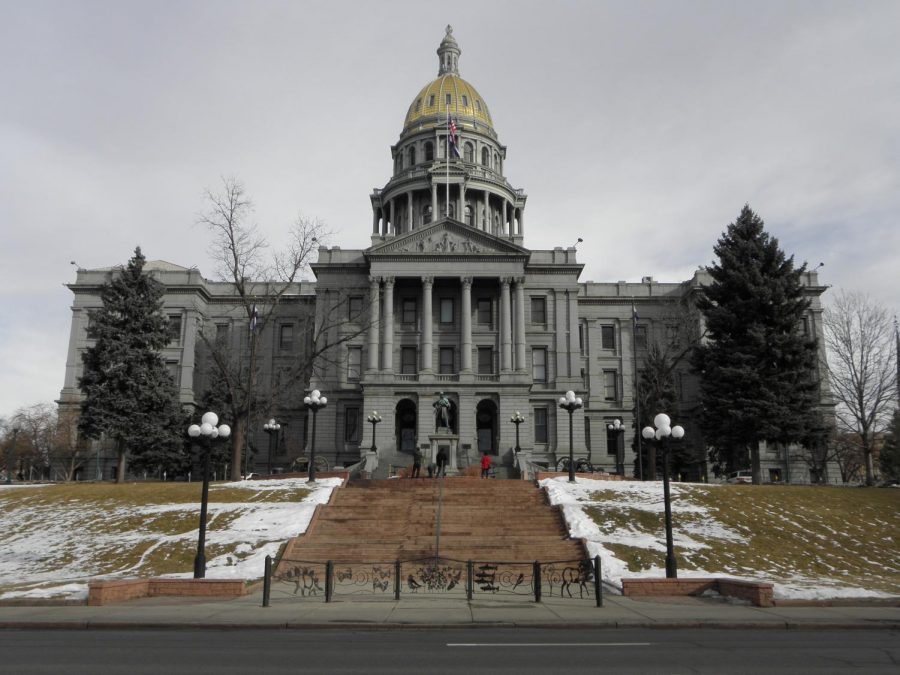
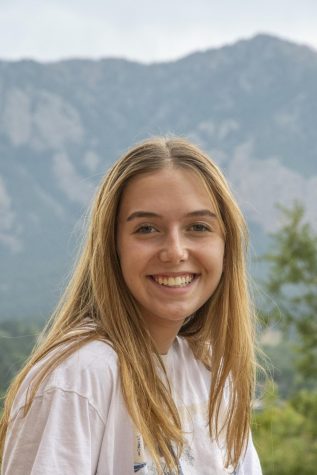


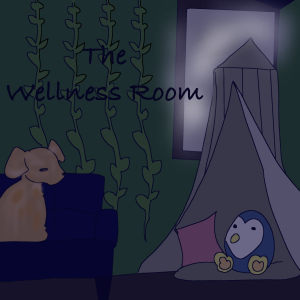
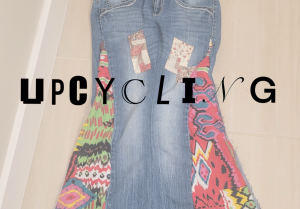


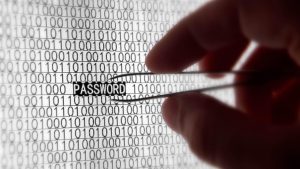


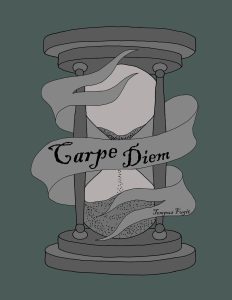


Deborah Smith • Aug 30, 2020 at 10:37 AM
Although decriminalizing is not legalization, but then, it still has a great impact on those people who relies on it because they can already use this magic mushrooms with a lesser criminal case. I guess nothing is wrong with that. In fact, its a good sign and maybe a first stage of legalizing magic mushrooms who knows what will happen in the future, right?
Noah Smith • Aug 19, 2020 at 1:25 AM
Everything has a pros and cons. I am hoping that this psychedelic mushroom will be used properly and the people will not abuse it. Mushrooms have a great possibility in science and medicine which means as studies progress, there will be more discoveries that this mushroom could offer.